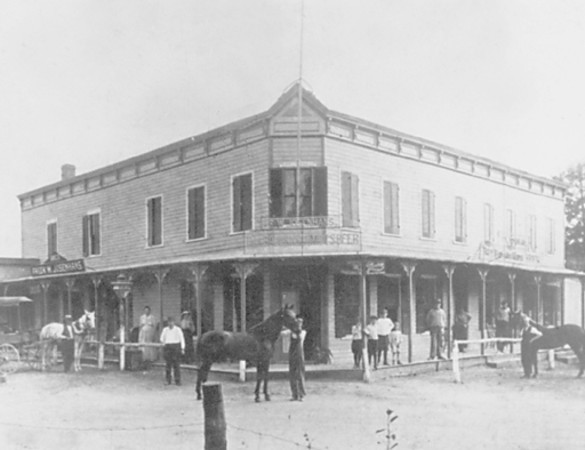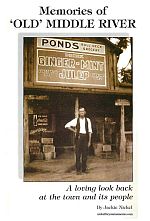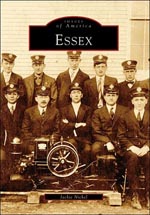Illegal stills made eastern Baltimore County a destination during roaring twenties
by Keith Roberts (Essex-MiddleRiverPatch, 12/13/2010)
The 18th Amendment to the Constitution of the United States prohibited the manufacture, sale, or transportation of “intoxicating liquor” (as defined by the enabling legislation “The Volstead Act”).
It was ratified and took affect in 1919. Unbeknownst to those who encouraged prohibition, it created an entirely new industry and gave birth to an era which was to be known as “The Roaring Twenties.” Bootlegging, moonshining, and speak easy’s became the businesses where the money was to be made.
For baby boomers such as myself, our only knowledge of this era is that of watching Robert Stack portraying Elliott Ness on the TV show “The Untouchables.” In my mind I can still hear “Elliott” yelling “Rico, Youngblood”
Although most of the action associated with prohibition took place in major cities like New York and Chicago, rural areas such as southeastern Baltimore County were not immune. The largely undeveloped lands in the Back and Middle River Necks had dense forests which provided an excellent cover for those inclined to operate and hide their moonshine stills.
Back and Middle Rivers themselves turned into exceptional highways for the transportation of the finished product.
Continue reading “Underground Moonshine Industry Thrived in Middle River During Prohibition” at Essex-MiddleRiverPatch.



